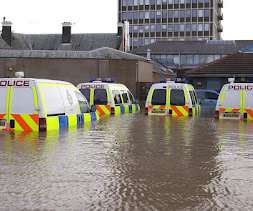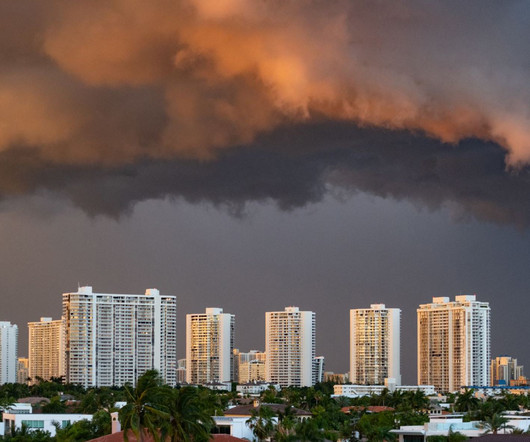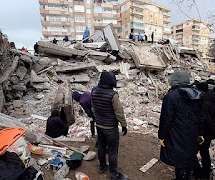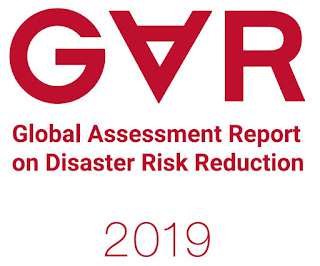Managing Emergencies: The Challenges of the Future
Emergency Planning
OCTOBER 21, 2022
What does all this mean for Britain? If we look at major emergencies in the UK over the last 25 years or so, there have been significant deficiencies in the response in just about every case. The real problem is that the British emergency planning, management and response system is fragmented and incomplete.













Let's personalize your content